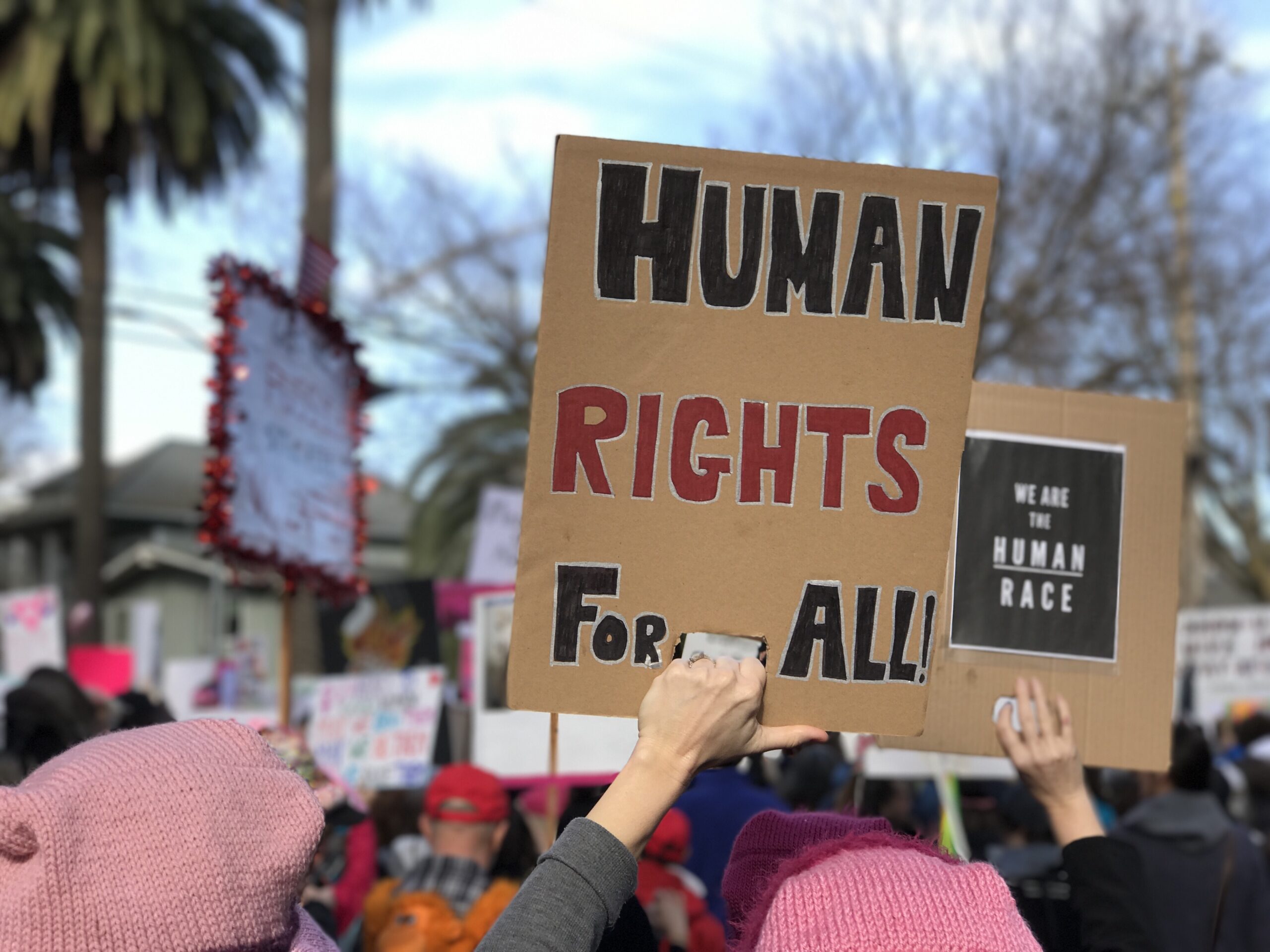

December 2 marks the International Day for the Abolition of Slavery, commemorating the United Nations’ commitment to eliminating trafficking in persons, sexual exploitation, child labor, and forced marriage.
Slavery has persisted in human history as long as power asymmetry has been prevalent, yet it has evolved and transfigured itself according to cultural norms, legal definitions, and economic systems. In 2023, forced labor is still found in formal sector workplaces where a range of exploitative practices distorts normal employment standards.
The International Labor Organization‘s (ILO) most recent report in 2021 estimates that 27.6 million people experience forced labor, a number that has increased in recent years due to compounding crises including COVID-19, climate change, and armed conflicts. These ripples in the social fabric have contributed to disruptions in employment, education, housing, and health, increasing exposure to displacement and unsafe migration, poverty, and gender-based violence.
The requisite response to such a crisis demands a multifaceted approach driven by compliance with labor laws, changes in business culture, cross-sector collaboration, corporate engagement, and grassroots organizing, with both upstream and downstream solutions.
At Working Capital Fund, we are one node in this ecosystem. We are a venture capital firm spurring technological innovation to transform supply chains and empower a dignified, sustainable workforce.
We invest in tech startups that are making great strides in the social impact space, including in identifying, remedying, and preventing forced labor. For example:
Our role is to provide growth capital to promising ventures that have impact at their core. When they scale, they have the potential to address the root causes of forced labor in vast swaths of supply chains where other solutions have yet to succeed.


